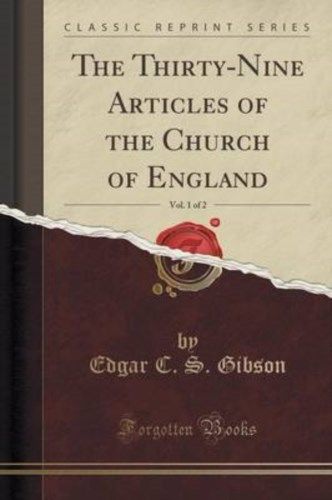Creeds, Confessions & Catechisms
A Narrower Creed
The Apostle’s Creed and the Nicene Creed which are subscribed to by many churches and denominations are so broad in scope that even apostate churches agree with those creeds. Here is a creed that only the lover’s of God’s sovereignty can agree with:
We believe that the Lord Jesus Christ fully and finally
accomplished redemption for all of God’s elect when He died on the cross of
Calvary. We believe that when He died as our Substitute under the wrath of God
that He fully and finally satisfied Divine justice by paying the sin debt and
thereby secured salvation for all for whom He died. We believe that Christ
through the Holy Spirit will also succeed in effectually calling and bringing
all that He died for with Him into everlasting Glory. We believe that any gospel
that robs our Lord of this, HIS glory in the finished, successful, accomplished
work of salvation, is another gospel…. which is no gospel at all. Now, there’s
the real offense and power of the gospel. Do you believe that? – Greg Elmquist, Apopka, FL
The Lutheran Formula Of Concord
The Lutheran Formula Of Concord – 1576
Introduction
Formula of Concord (1577) (German, Konkordienformel; Latin, Formula concordiae; also the “Bergic Book” or the “Bergen Book”) is an authoritative Lutheran statement of faith (called a confession, creed, or “symbol”) that, in its two parts (Epitome and Solid Declaration), makes up the final section of the Lutheran Corpus Doctrinae or Body of Doctrine, known as the Book of Concord (most references to these texts are to the original… Continue reading
The Savoy Declaration Of Faith And Order Of 1658
The Savoy Declaration Of Faith And Order Of 1658
The Savoy Declaration of Faith and Order is a Congregationalist version of the Westminster Confession. It was composed in 1658 at the Savoy, in the Stand in London. It is very similar to the Westminster Confession of Faith, the real main differences being an omission of chapters 30 and 31, an addition of one chapter (chapter 20), and modification of chapters 23, 24, and 25 (which because of the addition… Continue reading
The Three Forms of Unity of the Reformed Church
The Three Forms of Unity of the Reformed Church
The Three Forms of Unity is a collective name for the following three Church documents:
- Belgic Confession,
- the Canons of Dort, and
- the Heidelberg Catechism,
These documents reflect the doctrinal concerns of continental Calvinism and are accepted as official statements of doctrine by many of the Reformed churches.
History
The Synod held at Dort
From 1618 to 1619 the Dutch government, on behalf of the Dutch Reformed… Continue reading
The Belgic Confession
The Belgic Confession
Introduction
The Belgic (or Netherlands) Confession of Faith, is a doctrinal statement to which many of the Reformed churches subscribe. The Confession forms part of the Three Forms of Unity of the Reformed Church, which are still subscribed to by the Dutch Reformed Church. The confession’s primary author was Guido de Brès, a preacher within the Reformed church of the Netherlands who was martyred in 1567.
Article 1: The Only God
We all… Continue reading
The 39 Articles Of The Church of England
The 39 Articles Of The Church of England

Introduction
The 39 Articles of the Church Of England are a set of doctrines outlined by that church denomination in the year 1562 and revised several times with the final revision occurring in 1571.
These articles were also referred to as “The Thirty-nine Articles of Religion”. These articles were created to address various theological and doctrinal controversies that developed in Christendom during the period of time known as the English… Continue reading

















